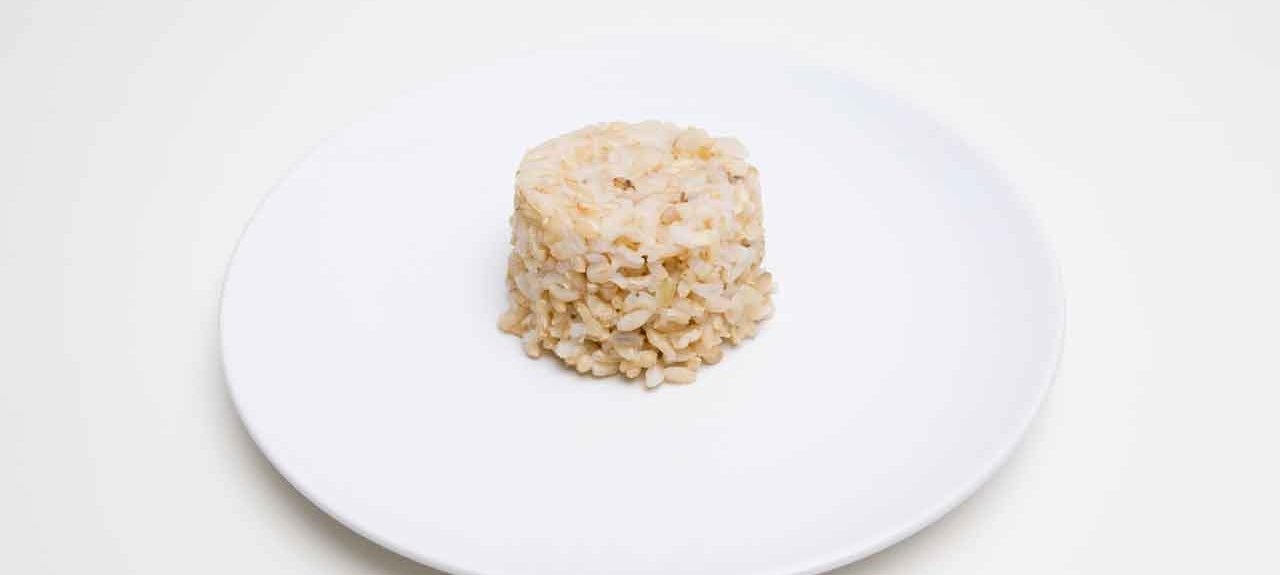Are There Crash Diets that Work?

Finding out if there are crash diets that work is exhausting. Spoiler alert: Yo-yo dieting isn’t just frustrating; it’s actually dangerous.
You know the story: You adopt a fad diet, lose a lot of weight, feel great, and then discover when you return to your old eating habits that you’re gaining fast. Soon you’re fatter than you were before and tempted to try another diet. You’ve become a yo-yo dieter.
Are there really crash diets that work?
Yo-yo dieting isn’t just frustrating. It’s actually dangerous, especially if you’re not overweight when you start, but just prefer to look like a fashion model. When you drop well under a 1,000 calories a day, your fluid and mineral balance shift in ways that can cause a fatal heart arrhythmia in vulnerable women. Research presented to the American Heart Association tracking nearly 160,000 post-menopausal women concluded that women who began the study at a normal weight — and then yo-yoed, repeatedly losing and gaining weight — more than tripled their chances of dying from a sudden heart attack. During the 11-year study, they were also 66 percent more likely to die of heart disease that developed slowly over time.
YOU MIGHT ALSO LIKE: Our Popular Diets Section
Surprisingly, in this study, just gaining weight or losing it didn’t increase your risk of heart disease. The problem was weight cycling. It’s not clear whether these same results would apply to younger women.
But we do know that crash diets aren’t good for anyone, for a variety of reasons. When you cut your calories or carbohydrates too low, your body draws upon your muscle for energy. Each pound you lose on the scale reflects a loss of muscle along with fat.
Why crash diets don't work
It’s healthier to be lean and muscular. (If you go to a gym, ask a trainer to check your fat/muscle ratio. You can be relatively normal weight and still have a high ratio of fat to muscle.)
However, your body is designed for survival. If too few calories come in, you’ll become less active; your body thinks you’re living through a famine and tries to protect you. It’s true that it will take fewer calories for your body to begin storing fat again. Note that it will store fat, not muscle. When you regain, you are likely to end up not just heavier but fatter — less muscular, unless you make a big effort to catch up by doing muscle-strengthening routines. That fat leads to more inflammation throughout your body as well as bad cholesterol numbers. Each round of dieting is an ordeal for your body, triggering a rise in cortisol, the hormone associated with anxiety, at least one report concluded.
Why we follow crash diets
So why would millions of people scour the internet or books or late-night TV ads, wondering "are there crash diests that work?" only to adopt strategies that could give them a heart attack and make them fatter, less fit, and more anxious?
Well, we see billboards and magazine photos of super-lanky women. We’re also short on sleep, exercise, and time to prepare and sit down to a healthy family dinner. On the other hand, fattening food is fast, cheap, and everywhere. Lack of sleep makes us hungrier, and lack of exercise means we don’t burn the calories.
Actual weight-loss strategies that DO work
Carrying around lots of extra fat isn’t healthy, of course. It raises your risk of dying young, type 2 diabetes, osteoarthritis, sleep apnea, depression, pain, and a long list of cancers.
You can escape the steady widening middle of the average American by managing each day to maximize your health. You’ll need to make sleep, exercise, and relaxation priorities.
Middle-aged people, especially women, should regularly work out their muscles with weights or bands. Muscle burns more calories and will protect you from falls and broken bones. Once you fall, if you’re weak you’ll have a harder time getting back on your feet and exercising again.
Don’t swing to diet extremes, radically cutting down calories or whole food groups. Eat more fruits, vegetables, and legumes. Eat less than you ate before, and much less than the servings you’ll get in standard restaurants. You might also try a group focused on fitness or diabetes prevention that gives you peer support for living long-term with a healthy diet and exercise routine.
Updated:
April 09, 2020
Reviewed By:
Janet O’Dell, RN